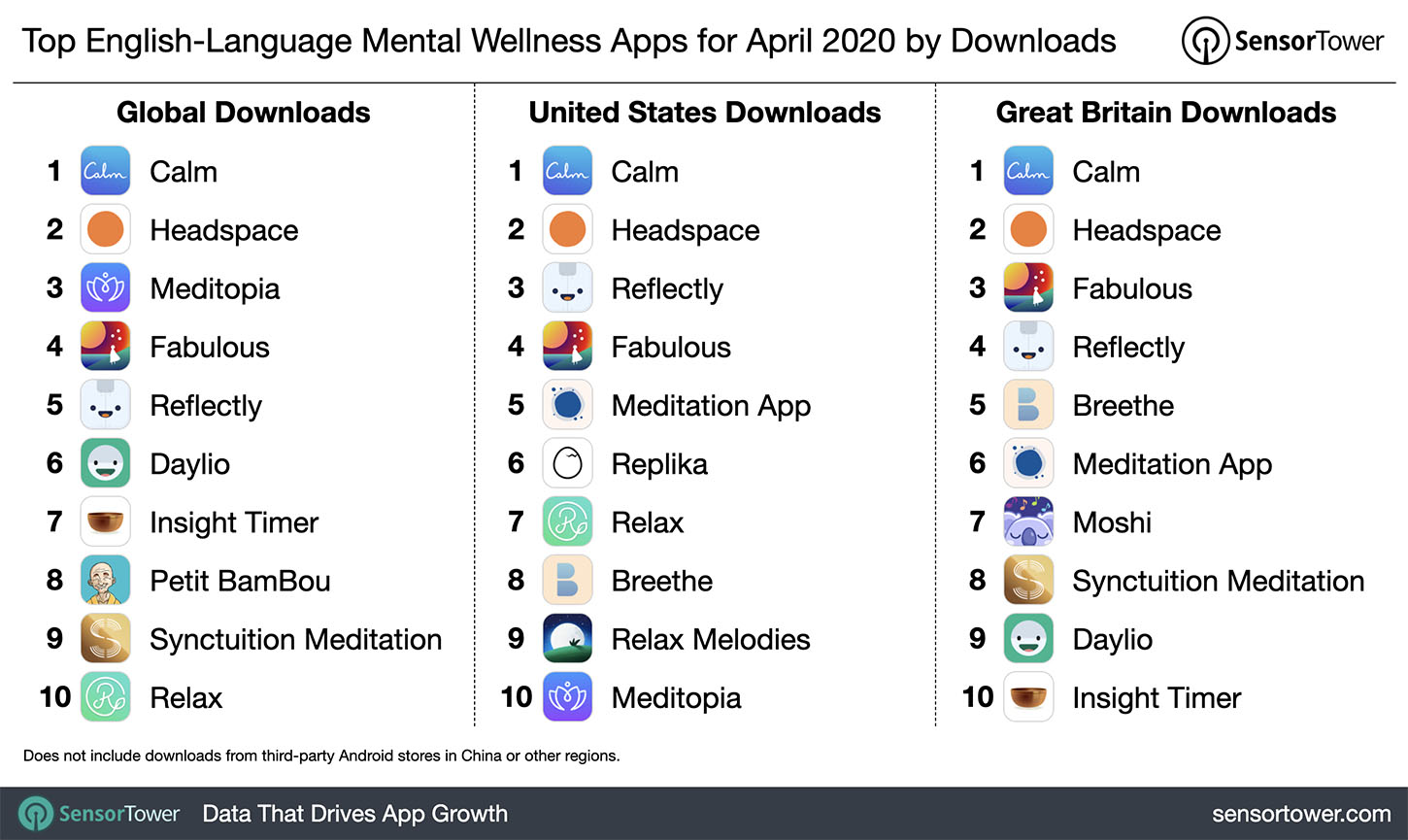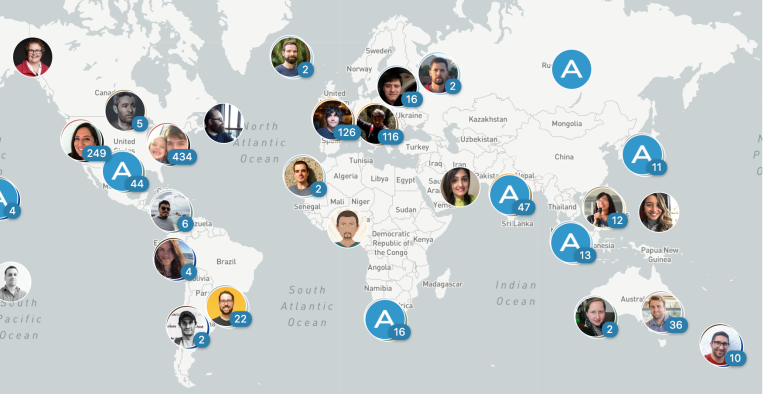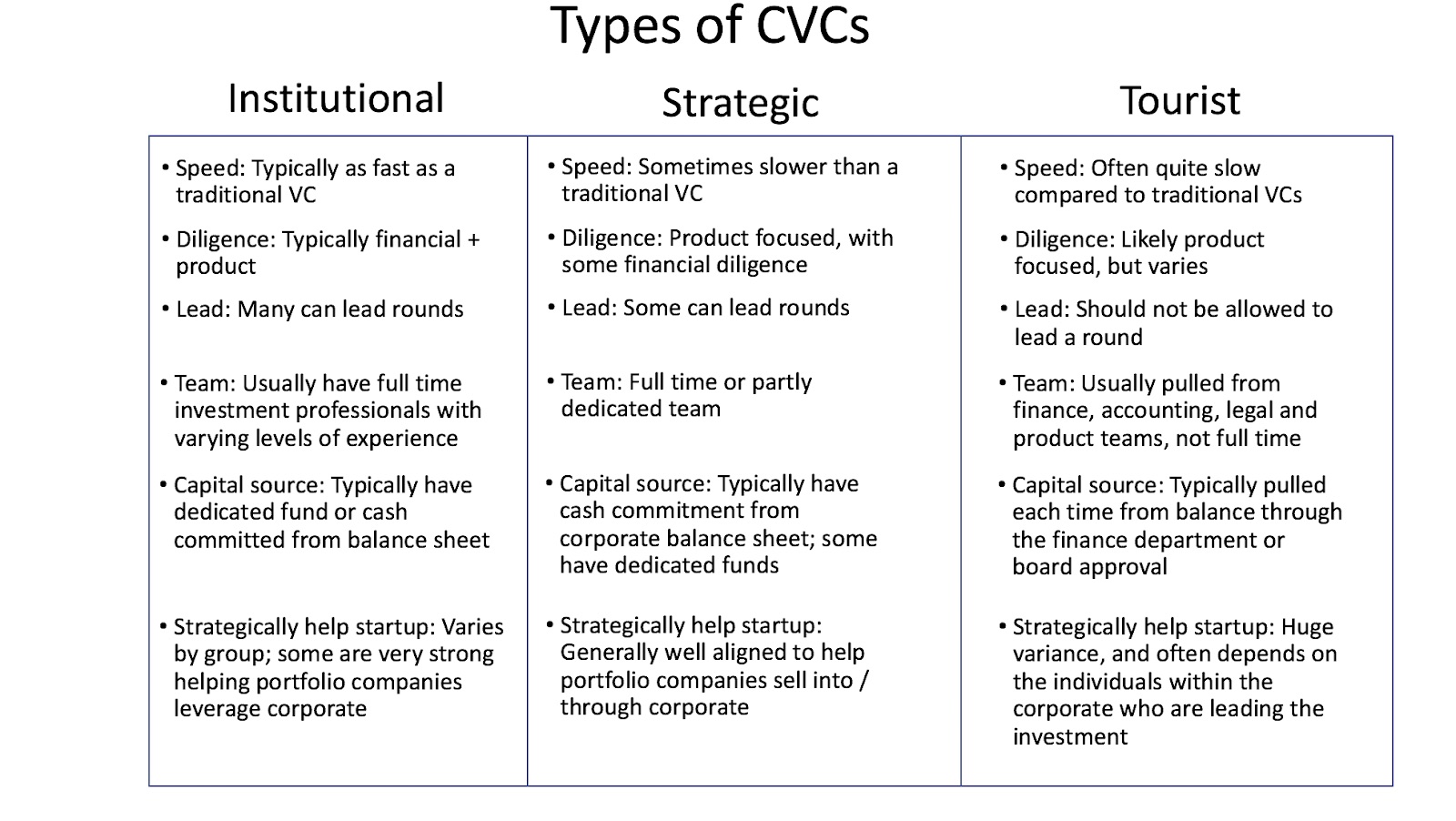Editor’s note: Get this free weekly recap of TechCrunch news that any startup can use by email every Saturday morning (7am PT). Subscribe here.
Most tech companies base compensation on an employee’s local cost of living, in addition to their skills and responsibilities. The pandemic-era push to remote work seems to be reinforcing that — if you only skim the headlines. For example, Facebook said last week that it would be readjusting salaries for employees who have relocated away from the Bay Area.
But Connie Loizos caught up with a few well-placed people who see something else happening. First, here’s Matt Mullenweg, CEO of Automattic (WordPress), which has been almost entirely remote for its long and successful history.
“Long term, I think market forces and the mobility of talent will force employers to stop discriminating on the basis of geography for geographically agnostic roles,” he told Connie for TechCrunch.
Mullenweg went on to detail how the process was still complicated, and that his company did not yet have a universal approach. But ultimately, he thinks that for “moral and competitive reasons, companies will move toward globally fair compensation over time with roles that can be done from anywhere.”
Connie also talked to Jon Holman, a tech recruiter who is living and breathing the new world, in a separate article for Extra Crunch. The market forces will ultimately favor talent, he concurs, and companies that want talent will pay according to what they can afford. “If a good AI or machine learning engineer is working elsewhere and demand for those skills still exceeds supply,” Holman explained, “and his or her company pays less than for the same job in Palo Alto, then that person is just going to jump to another company in his or her own geography.”
Taking stock of the future of retail
Our weekly staff survey for Extra Crunch is about retail — will it exist? how? A few of our staffers who cover related topics weighed in:
Natasha Mascarenhas says retailers will need to find new ways to sell aspirational products — and what was once cringe-worthy might now be considered innovative.
Devin Coldewey sees businesses adopting a slew of creative digital services to prepare for the future and empower them without Amazon’s platform.
Greg Kumparak thinks the delivery and curbside pickup trends will move from pandemic-essentials to everyday occurrences. He thinks that retailers will need to find new ways to appeal to consumers in a “shopping-by-proxy” world.
Lucas Matney views a revitalized interest in technology around the checkout process, as retailers look for ways to make the purchasing experience more seamless (and less high-touch).
We also ran two investor surveys this week, with Matt Burns producing one on manufacturing and Megan Rose Dickey and Kirsten Korosec following up on their autonomous vehicles series.
How to think about strategic investors (in a pandemic)
Maybe you could use some more money, distribution and partnerships these days? Those are the eternal lures of corporate venture funding sources, but each strategic VC has a different mandate. Some are there to help the parent company, some are just there to make money… and some may be on thin ice themselves given the way that they get money to invest.
If you’re taking a fresh look at getting strategic funding now, check out this set of overview articles from Bill Growney, a partner at top tech law firm Goodwin, and Scott Orn of Kruze Consulting. The first, for TechCrunch, goes over how corporate funds are typically structured (and motivated). The second, for Extra Crunch, covers questions for startup founders to anticipate and other recommendations for dealing with this type of VC.

Calm chooses a more enlightened path to growth
It is high times for meditation and “mindfulness” apps, as people look for ways to adjust to pandemic life. Sarah Perez, our resident app expert, took a look at a new app store analysis on TechCrunch, shredded some of the top-ranked companies for opportunistic marketing, and came away with a positive feeling about the global market leader.
Calm, meanwhile, took a different approach. It launched a page of free resources, but instead focused on partnerships to expand free access to more users, while also growing its business. Earlier this month, nonprofit health system Kaiser Permanente announced it was making the Calm app’s Premium subscription free for its members, for example — the first health system to do so.
The company’s decision to not pursue as many free giveaways meant it may have missed the easy boost from press coverage. However, it may be a better long-term strategy as it sets up Calm for distribution partnerships that could continue beyond the immediate COVID-19 crisis.
Mindfulness pays. On that note, subscribers can read her excellent This Week In Apps report every Saturday over on Extra Crunch.











